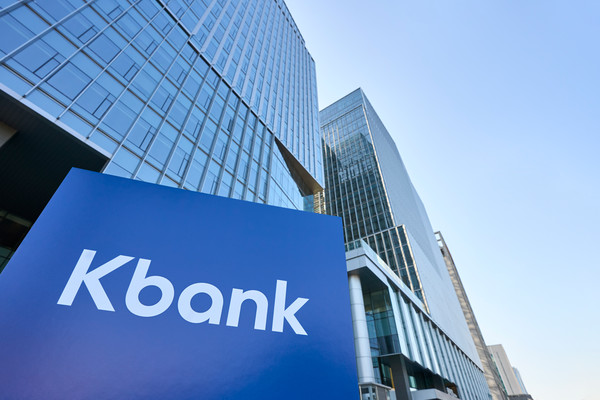
K-Bank, Korea’s first internet-only bank, has officially joined the Open Blockchain & DID Association (OBDIA), signaling its intent to actively participate in the development and issuance of a Korean won-based stablecoin. The move marks a strategic step forward in K-Bank’s broader plan to embrace blockchain-based financial innovation.
OBDIA, a non-profit blockchain industry body approved by South Korea’s Ministry of Science and ICT, recently launched a dedicated Stablecoin Division to explore regulatory frameworks and technical use cases for stablecoins in the financial system. Major banks such as KB Kookmin, Shinhan, Woori, NH Nonghyup, and IBK, along with the Korea Financial Telecommunications & Clearings Institute (KFTC), are already active participants in the group. K-Bank’s addition brings a new digital banking perspective into the mix.
Through this collaboration, K-Bank aims to conduct research on the practical integration of stablecoins into traditional financial infrastructure, prepare for future regulatory developments, and engage in multi-party blockchain cooperation. The bank also plans to align this initiative with its ongoing projects in blockchain wallets, NFT services, and staking mechanisms, emphasizing technology internalization and digital asset infrastructure development.
Earlier this year, K-Bank took part in the PAX Project, a cross-border pilot between South Korea and Japan aimed at streamlining overseas remittance using stablecoins. The project seeks to build an interoperable payment network powered by blockchain to drastically reduce transfer times and costs.
A K-Bank spokesperson commented, “Stablecoins will play a key role in the future of finance. By combining blockchain with real-world banking services, we aim to position ourselves as a leading tech-driven financial institution.”
K-Bank’s latest move represents more than just a technological trial—it signals a paradigm shift in Korea’s digital finance strategy. As internet banks increasingly lead the conversation on blockchain regulation and practical implementation, the future of stablecoins in South Korea looks closer than ever.





![[November]Uptober No More](https://coinhubkorea.com/wp-content/uploads/2025/10/Whisk_d78880efb01a730907f4be201effefe1dr-1-100x70.jpeg)
